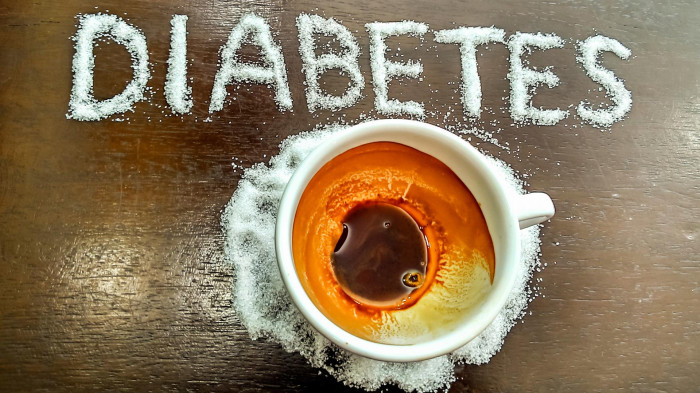ERECTILE DYSFUNCTION & DIABETES
Around 7o% of Men with Diabetes have experienced Erectile Dysfunction (impotence), to some degree, during their Diabetes Life.
Erectile dysfunction (ED) is a sexual dysfunction in which the male is unable to achieve or to sustain a firm erection sufficient enough to have sexual intercourse. This condition is sometimes also known as ‘impotence’. A male is considered to be suffering with ED when he has regular inability to achieve and maintain a firm erection for sexual penetration. There are chiefly two main causes of ED – medical or psychological. Organic causes of ED are generally the resultant of an underlying medical condition which affects the blood vessels or the nerves supplying the male sexual organs.
Diabetes is a serious metabolic disorder which attacks the entire human body. This condition is characterized by elevated blood glucose levels which are either due to reduced insulin production or failure of the body ceils to react to the insulin. Prolonged uncontrolled blood sugar levels can give rise to several short-term and long-term complications, erectile dysfunction been one of the most common complications of diabetes.
Link between Erectile Dysfunction and Diabetes:
Erectile dysfunction was one of the most ignored complications of diabetes. Earlier, it was believed that declining sexual function was a result of increasing age or due to some emotional issues or stress related. Later, there was an increased awareness regarding ED been a common complication of diabetes but it does not mean that all males with diabetes shall develop erection complaints. It is estimated that onset of ED occurs 10 -15 years earlier in men with diabetes as compared to men without diabetes. There are high chances of men with diabetes to develop erectile complaints when their blood sugar levels are not well controlled. There is a gradual onset of ED in people suffering with diabetes.
Reasons for ED in Diabetic Males:
To achieve an erection, males require healthy blood vessels, nerves, male hormones and should be sexually aroused. Poor control of blood sugar levels for long duration can lead to increased damage to the nerves and blood vessels which controls the blood flow to the penis thus, reducing the blood circulation to the male sexual organ and causing ED. Hence, even if you have good amount of male hormones and you have a desire to be sexually aroused, you may still fail to achieve a firm erection.
Diabetes, damages the nerves of the entire body including the nerves of the male sexual organ. Damage to the penile nerves may hinder with the ability of the body to send messages from and to the penis, leading to ED.
Diabetes may intensify a condition known as atherosclerosis, where thickening of the walls of the artery occurs along with narrowing of the blood vessels. Narrowing of the blood vessels of male sexual organs prevent blood flow into and out of the penis, which can lead to ED.
Diagnosing ED:
Initially, your medical history shall be reviewed as details concerning your medical history shall help the physician to decide the type of test required for diagnosis of erectile dysfunction.
Some of the common tests used for diagnosing erectile dysfunction (ED) are:-
- Blood Hormone Profile.
- Lipid Profile.
- Liver and Kidney Function Test.
- Thyroid Function Test.
- Cavernosography.
- Bulbocavernosus reflex.
- Duplex Ultrasound.
- Penile Biothesiometry.
- Penile Angiogram.
- Dynamic infusion cavernosometry.
- Nocturnal Penile Tumescence (NPT).
- Digital Subtraction Angiography.

